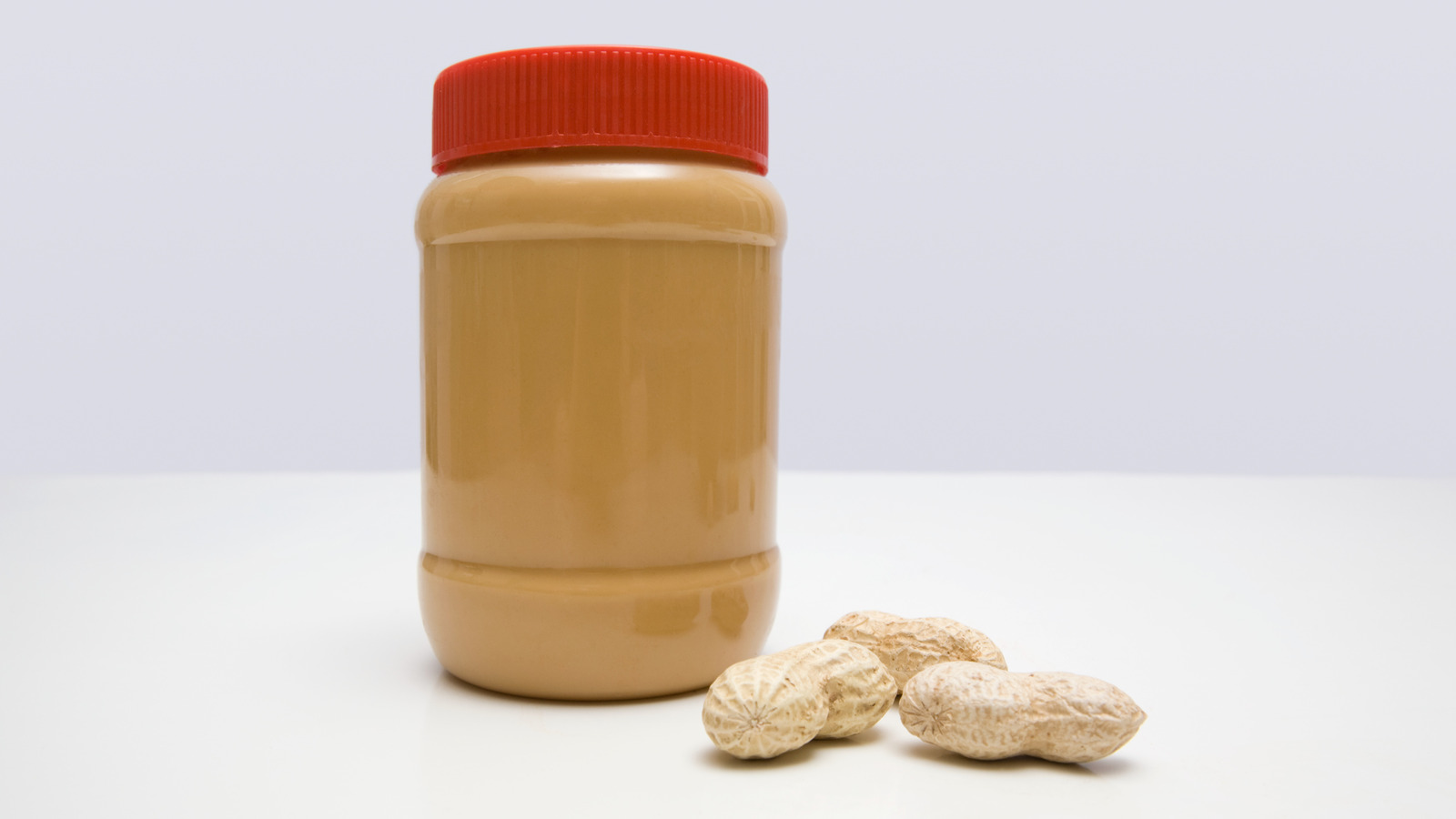
It is just over 100 days since Labour won the general election and formed a new government. So what has changed? The key areas of focus are now clear. The Prime Minister was again in Scotland at the end of last week telling a business audience the “number one mission” of his government is economic growth.
As Scotland on Sunday covered yesterday, economic growth and raising revenue is a priority for governments north and south of the Border. Growing the economy means more investment, jobs and in turn tax revenues to underpin the public services we all use, and want to support. The question, as ever, is how to do this.
Ahead of any Budget, HM Treasury is coy about tax measures, but undoubtedly decisions on tax will dominate Chancellor Rachel Reeves’s first fiscal event . In recent days, sources at the Treasury have said raising taxes too much could have a “detrimental” effect on tax revenues. In the Scotch Whisky industry, we don’t have to look too far for an example of this.
The 10.1 per cent spirits duty increase in August 2023 cost HM Treasury £300 million in lost revenue. Spirits revenue fell by £298m in the year from August 2023, compared with the same period in 2022/23.
Using fiscal years, the Treasury’s preferred method, spirits revenue fell £300m short of the fiscal forecast at the time the 10.1 per cent duty increase was announced. Either way you look at it, £300m has been lost as the result of a tax increase that went too far.
This isn’t helping to grow the economy, nor support public services. Quite the opposite, and that’s very clear here in Scotland. That is why six leading business and sectoral organisations here have called on the Chancellor to reduce the tax burden on Scotch Whisky in the Budget on October 30.
Doing so would have a number of benefits. First, it would raise revenue. For the sceptics out there, again look at the evidence.
While overestimating revenue from duty increases, HM Treasury has also underestimated revenue gains from duty cuts. In 2015, when spirits duty was last cut, alcohol duty was forecast to fall, but spirits revenue actually increased by £124m, raising revenue and backing Scotch at the same time. Second, it would incentivise investment.
This week, business leaders from around the world are gathering in London for an Investment Summit. The UK will not achieve the goal of the highest sustained growth in the G7 by taxing its world-leading products like Scotch Whisky at a higher rate than any other G7 country, as is currently the case. Reducing the duty burden would be a clear signal to open the investment tap.
Change might take time, but work to “back Scotch producers to the hilt”, as promised by the Prime Minister, can start in the Budget on October 30, and in doing so attract investment, boost growth and raise revenue. After 100 days in government, it’s time to turn words into action. - Mark Kent is the chief executive of the Scotch Whisky Association.














